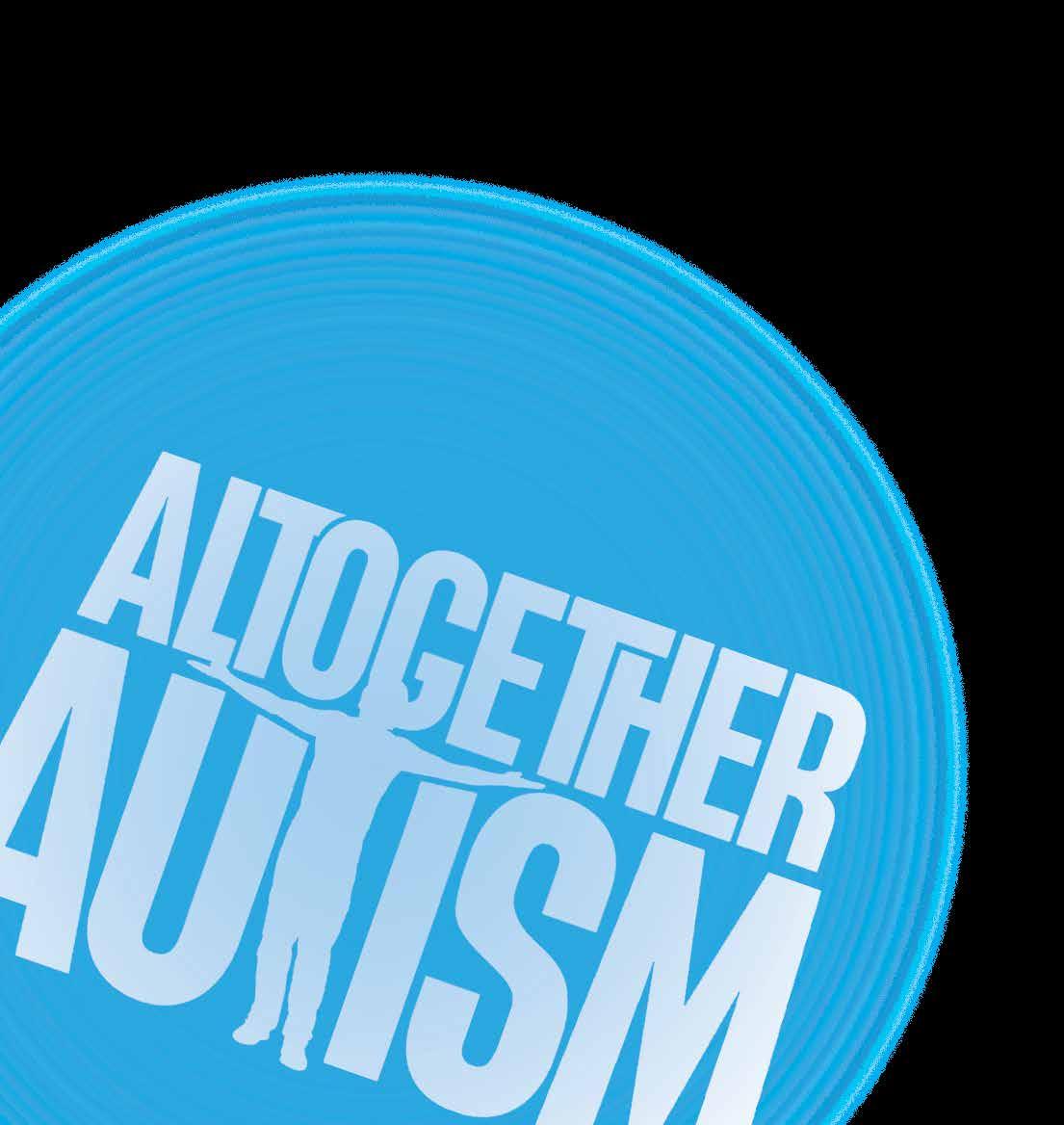PHOTO: Kelley Tantau © Valley Profile
Burning out as part of undiagnosed autism Autistic burnout is a hot topic in the autistic community, writes Dianne McLean.
JOKES ASIDE, for many of us burnout is very real and may have led to us receiving our formal diagnosis. Although, we may be grateful that going through burnout had a positive outcome, it is without doubt distressing and disruptive and not something we want to go through if we can avoid it. The fact that burnout keeps coming up in blog posts, memes and articles tells me that this is an important topic for us. It would be difficult to find an autistic person who has not experienced this phenomenon at some stage of their life and some of us experience it regularly. Personally, I have experienced episodes of burnout throughout my life. Roughly one serious event for every decade of my life. For most of that time, I had no idea the likely cause was trying to manage life as an undiagnosed autistic. For me, the amount of energy needed to navigate the allistic* world and to keep up the appearance of fitting in was (and still is) overwhelming. I just wore myself out on a regular basis, making myself so sick in the process, I needed extended time off life to recuperate. During one episode my parents had to come and look after my house and my children because I was too sick to manage the everyday tasks of running the household. One of the frustrating things for me was often there was no medical reason to be found, not one that could be quantified in a blood test, anyway. One doctor said to me as he handed me a medical certificate giving me indefinite time off work, ‘you’re obviously very unwell and something is going on with you, but I can’t find a medical reason so I’m giving you time
22
It is very important to practice self-care, to ask for accommodations at work and to be honest and open about our support needs. to go home and rest and hopefully you’ll begin to feel better.’ That was a reasonably positive interaction with a medical professional. Mostly I was misdiagnosed as depressed and given medication which made no difference to my overall wellbeing. There are different reasons why someone may experience a period of burnout, not all of them related to autism, such as working too hard for too long, going through stressful life events with inadequate support. Autistic burnout is related specifically to exhaustion brought about by the difficulties arising from autism itself. And that is the trouble with autistic burnout, not only is it experienced differently by each individual going through it – much like autism itself – but the things that are overwhelming to an autistic person are not things the allistic community are likely to see as problems. An excellent example would be the everyday chore of the weekly supermarket shop. Most people (the ones I know, anyway) detest supermarket shopping but for many autistic people – myself included – the supermarket is the special kind of hell reserved for those who eat potato chips in bed. The level of anxiety and overwhelm brought on by negotiating the aisles is something an allistic person can have no idea of. Even though they may not enjoy doing it, it doesn’t use up all their energy in the same way it does for an autistic person.
ALTOGETHER AUTISM JOURNAL • 2021
Continued on page 23














